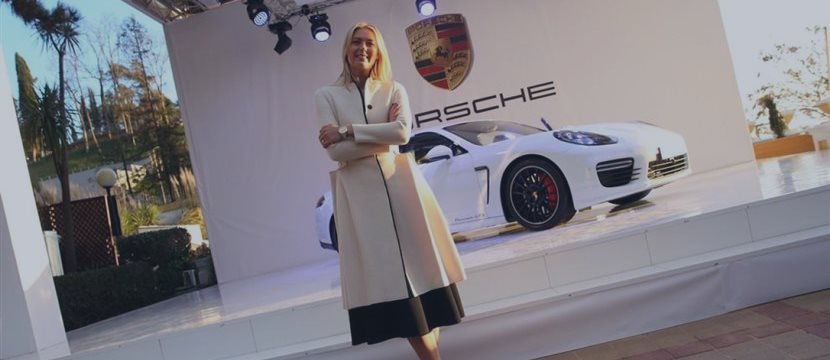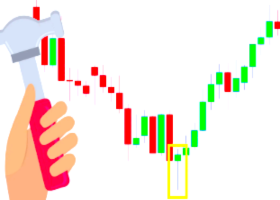Russians have started buying up Porsche sports cars and Lexus sport-utility vehicles to protect against the falling ruble from eroding their savings and due to the inevitable rise of prices next year.
Sales of Porsche vehicles, such as the Cayenne crossover, jumped 55 percent last month and Lexus demand surged 63 percent. Local Lexus dealers added extra staff to handle customer traffic that surged by a third, according to the Toyota Motor Corp. brand.
Not only the wealthy seek high-end cars. People are generally looking to convert their rubles as the currency has plunged 19 percent against the dollar since Nov. 1. The recent buying rush has come as a boon to the Russian car market, which has been hit hard by the country’s economic woes. Deliveries slipped just 1.1 percent last month, stemming the decline through November to 12 percent, according to Russia’s Association of European Businesses.
“Cars, no matter budget or premium, are being sold like hotcakes currently,” said Tatyana Lukovetskaya, chief executive officer of Rolf Group, one of Russia’s largest auto dealers. “We can’t recall such a boom in the market over the past decade.”
The urge to spend is about dealing with the blues of high inflation and a declining currency, rather than Christmas cheer. Savings of 1 million rubles are now worth about $18,600, a decline of about $4,650 since Nov. 1. And cars are a good buy. Prices have only increased 5 percent to 7 percent in the fourth quarter, according to Rolf Group, while Russian consumer-price inflation reached 9.1 percent last month.
Alexei, a banker for a top Russian bank, who declined to give his full name, bought an Audi A7 coupe in November. With the ruble’s decline, he paid the equivalent of $40,000 less for the car than he would have paid previously.
“In times of crisis, people view cars as an investment,” said Andrei Rodionov, head of corporate communications at Mercedes-Benz’s Russian unit. “The rule of thumb that a car loses 20 percent of its value once it leaves the showroom isn’t valid anymore.”
Generally, car brands are trying not to pass on the full impact of the ruble’s devaluation, however, a larger price increase is “inevitable” next year as nobody will agree to sell at a loss, Lukovetskaya said. Even foreign carmakers that have local production in Russia largely depend on imported auto parts, she said.
“Under unusual circumstances, unusual things are happening,” said Joerg Schreiber, chairman of AEB’s automakers committee.
“Retail demand has been extraordinary in recent weeks, helped by government subsidies and consumers rushing to get ahead of widely anticipated new year price increases. The outlook on December sales is rather promising as well.”



